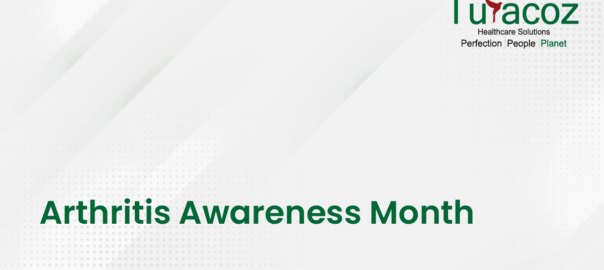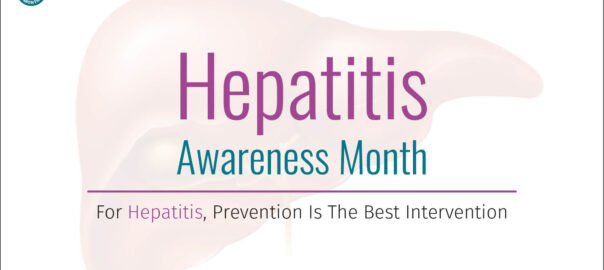It’s not just a pain.It’s a complete physical, mental, and emotional assault on your body.
-Jamie Wingo
May is declared as “National Arthritis Awareness Month” by Arthritis Foundation, America. Arthritis is a common chronic disease which affects 1% of the worldwide population.Itis one of the major health problem in the US population, by which more than 50 millionAmericans are affected. In India, it is believed to affect 15% populationi.e. around180 million people.
About Arthritis:
Arthritis is best characterized as an immune-mediated inflammatory disease (IMID) and involves bothimmunological and inflammatory pathways. The exact pathophysiology of this disease is still unclear.
Types of Arthritis:
There are variousforms of arthritis,but the two most commontypesare osteoarthritis (OA) and rheumatoid arthritis (RA). There are over 100 other forms of arthritis such as arthritis associated with psoriasis, arthritis associated with lupus erythematosus, and septic arthritis. However, all these forms are much less common than OA and RA.
Signs and Symptoms:
- Pain
- Stiffness
- Swelling
- Redness
- Joint deformity
Risk Factors:
- Family history
- Older age
- Being female
- Previous joint injuries
- Being overweight and obesity
- Infections
Diagnosis:
Arthritis is diagnosed based on complete medical history, including symptoms, and physical examination. Imaging techniquessuch as X-ray, computerized tomography (CT), magnetic resonance imaging (MRI), and ultrasound are generally performed.
Management:
- Drugs like non-steroidal anti-inflammatory drugs (NSAIDs), corticosteroids, disease-modifying drugs like methotrexate and leflunomide, biologics like etanercept and rituximab etc.
- Non-pharmacological therapies like physical or occupational therapy and patient education
- Surgery
- Self-management
Self-Management:
- Control your weight
- Exercise regularly
- Eat a healthy diet
- Use heating pads or ice packs for pain-relief
- Assistive devices such as canes, walkers, and raised toilet seats can help perform daily tasks
May is marked as National Arthritis Awareness Month.Turacoz Healthcare Solutions joins with the Arthritis Foundation, America to be a part of this awareness program as a part of their Corporate Social Responsibility (CSR) activity. Our medical writing team is well-versed with recent advances in various therapeutic areas which give them a head start in publication writing, clinical research and regulatory writing projects and medical marketing services.




